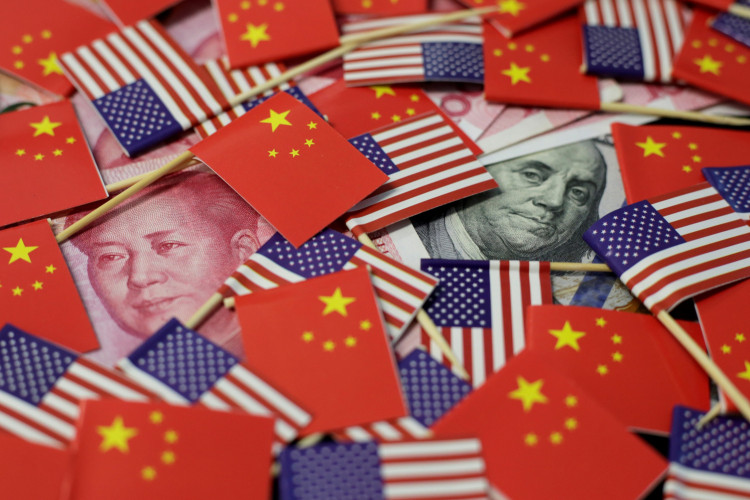This month's Central Economic Work Conference will discuss multiple aspects of the Chinese economy, but the analysts are leaning on the prediction that the government will most likely set the country's 2020 gross domestic product (GDP) target at six percent during the said summit.
According to the South China Morning Post, economic experts believe it is likely that Beijing will cut down to only six percent in GDP growth next year, a significant drop from the target range for 2019 that was set between six percent to 6.5 percent.
For the head of Asian economy research at Oxford Economics, Louis Kujis, the China-U.S. trade war is the biggest risk that could push the economy to a dangerous low. Kujis urged the Chinese government to consider modest expansion of fiscal spending to help curb the impact of a slowing global economy and trade tensions.
Nomura's chief China economist, Lu Ting, echoed Kujis' sentiments. For Ting, the growth rate shouldn't be the primary focus during this month's summit between government leaders and respective business and economic authorities.
Ting argued that it is "unnecessary to defend a number" when there are no dangerous economic effects on the Chinese market or business environment. "No number is sacred and inviolable," he explained.
It appears that Beijing has been cautious of adopting the same measures western countries and other nations have been taking during economic distress. People's Bank of China governor, Yi Gang, has been quick to reject the idea of overusing monetary policies.
During the weekend, private pollster Caixin/Markit indicated in its latest survey that China's purchasing managers' index for the month of November stood at 51.8 - a figure that beat out previous forecasts about the country's manufacturing activity.
Analysts previously predicted that the November PMI would fall from October's 51.7. However, growing local demand and the power of domestic consumption helped up the figures.
The Chinese economy is known to make miracles happen, especially during hectic situations such as the China-U.S. trade war. However, hopes were down when factory activity saw declines over the past months.
On the other hand, many experts are still betting their forecasts on the country's ability to bounce back unexpectedly - as was exemplified multiple times in the past. Some analysts said, "phase one" of the China-U.S. trade deal could help buoy an economic crisis.
It remains to be seen whether the two economic giants will agree on tariffs. Ministry of Commerce spokesman, Gao Feng, said on Thursday that for China, tariffs should be pushed down to a minimum first before phase one is achieved.





